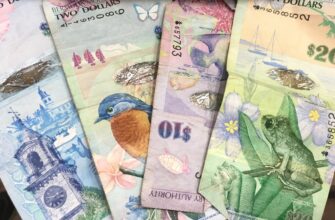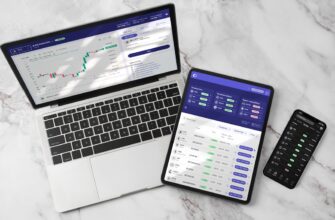Staking cryptocurrencies like Ethereum, Cardano, or Solana has become a popular way to earn passive income in South Africa. But many investors overlook a critical requirement: reporting these rewards to the South African Revenue Service (SARS). This guide explains exactly how to report staking rewards in South Africa, helping you stay compliant and avoid penalties.
### Understanding Staking Rewards and SARS Taxation
Staking rewards are earnings received for validating transactions on proof-of-stake blockchain networks. SARS classifies these rewards as **ordinary revenue** rather than capital gains. This means:
– Rewards are taxable in the tax year (1 March – 28/29 February) they’re received
– Tax applies regardless of whether you sold the cryptocurrency
– The value is based on the ZAR equivalent at the time of receipt
Failure to declare can result in penalties up to 200% of the tax owed, plus interest.
### Step-by-Step: Reporting Staking Rewards to SARS
Follow this process when filing your annual return (ITR12):
1. **Calculate Total Rewards Received**
– Compile all staking rewards earned during the tax year
– Include rewards from all platforms (e.g., exchanges, wallets, DeFi protocols)
2. **Convert to ZAR Value**
– Use the daily exchange rate (crypto to ZAR) on the date each reward was received
– Maintain a spreadsheet with:
– Date of each reward
– Cryptocurrency amount
– Exchange rate source (e.g., SARS prescribed rates or reputable exchange)
– Calculated ZAR value
3. **Report on Your Tax Return**
– Declare the total ZAR value as **”Other Income”** in Section 4 of the ITR12 form
– Do NOT report under capital gains unless disposing of the asset later
4. **Pay Applicable Taxes**
– Staking rewards are taxed at your marginal income tax rate (18%-45%)
– Provisional taxpayers must make bi-annual payments
### Essential Record-Keeping Requirements
Maintain these records for 5 years:
– Transaction histories from staking platforms
– Wallet addresses used for staking
– Dated screenshots of exchange rates used for conversions
– Calculation spreadsheets showing ZAR values
– Bank statements showing fiat conversions (if applicable)
SARS may request this documentation during audits.
### 4 Common Reporting Mistakes to Avoid
– **Assuming small amounts are exempt**: All rewards must be reported, even under R100
– **Using incorrect exchange rates**: Always use rates from the exact reward date
– **Delaying declaration**: Rewards are taxable upon receipt, not when sold
– **Mixing with capital gains**: Only later disposals qualify for CGT treatment
### Frequently Asked Questions (FAQ)
**Q: Are staking rewards really taxable in South Africa?**
A: Yes. SARS issued a binding ruling in 2018 (BGR 40) confirming staking rewards constitute taxable income.
**Q: How do I value rewards if received daily?**
A: Use the daily exchange rate for each distribution or calculate a weighted monthly average. Never use annual average rates.
**Q: What if I restake my rewards immediately?**
A: Tax still applies upon receipt. Restaking doesn’t defer tax liability.
**Q: Can I deduct staking costs?**
A: For individuals, expenses like electricity or hardware generally aren’t deductible. Businesses may qualify – consult a tax professional.
**Q: Do I pay VAT on staking rewards?**
A: No. Cryptocurrency staking falls outside VAT scope according to SARS guidance.
Always consult a registered tax practitioner for complex situations. By accurately reporting your staking rewards, you avoid penalties while contributing to South Africa’s tax base. Keep detailed records, declare annually, and stay updated on SARS cryptocurrency guidelines.








